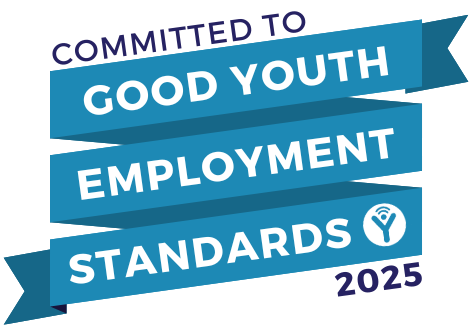The government has made a series of recent announcements affecting the skills landscape. Here are the key points:
Apprenticeship assessment
The Department for Education (DfE) is leading on a number of reforms to how apprenticeships are assessed. Among the key principles are:
- assessment can take place at any stage of the apprenticeship, not just the end
- employers will have to verify apprentices’ behavioural competence
- providers may not be able to deliver and mark some elements of the assessment
- and assessment organisations will be responsible for developing all assessment material in line with the assessment plan.
To read the assessment principles click here, while the DfE’s guidance on apprentice assessment for 2025/26 can be found here.
Post-16 Level 3 and below
Ministers have also launched a consultation on changes to pathways for post-16 learners at Level 3 and below.
The consultation responds to findings from the Curriculum and Assessment Review and the Post-16 Education and Skills Strategy, which identified:
- a need for a simpler, more coherent qualifications landscape
- gaps in provision for students not suited to A levels or T Levels
- a lack of clear progression routes from Level 2 to Level 3 or employment
The government proposes:
- a third vocational pathway at Level 3 V Levels, which will sit alongside A Levels and T Levels
- two distinct Level 2 pathways: the Further Study Pathway and the Occupational Pathway.
The consultation is aimed at employers, educators, students, parents, awarding bodies, and other stakeholders in post-16 education. It closes on January 12.
For more information, click here.
Skills England priorities
The updated priorities for Skills England have been outlined by the Secretary of State for Work and Pensions, Pat Mcfadden. The updated priorities emphasise the need for Skills England to be data-driven, using labour market intelligence, research and evidence to guide decisions on current and future skills needs.
It reinforces the organisation’s role as the authoritative voice on national skills requirements and calls for a more integrated approach to workforce planning.
There is a renewed focus on supporting both young people and adults, with particular attention to reducing the number of young people not in education, employment or training (NEET), and increasing the proportion of individuals achieving Level 4 and above qualifications.
To read the letter, click here.
Artificial intelligence
Skills England published “AI Skills for the UK Workforce”, a report which aims to address the growing demand for artificial intelligence across the economy. It highlights the transformative potential of AI and the urgent need to equip workers with the right skills to harness it effectively.
The report says AI could contribute up to £400 billion to the UK economy by 2030 – but warns many sectors risk falling behind without targeted upskilling, there is uneven distribution of training opportunities, particularly among SMEs and sectors with traditionally lower digital literacy and that employers are often unclear on what skills are needed and how to implement training, potentially increasing existing inequalities. A number of new tools have been announced to support employers:
- AI Skills Framework to define core competencies
- AI Adoption Pathway Model to guide organisations through stages of AI integration
- Employer AI Skills Checklist to help assess readiness and identify gaps
Skills England also released sectoral research and analysis as part of the report, including for life sciences, advanced manufacturing and clean energy.
To read the report, click here.
For more information on these changes and how we can support you as an employer, contact Rachel Roby ([email protected]).








